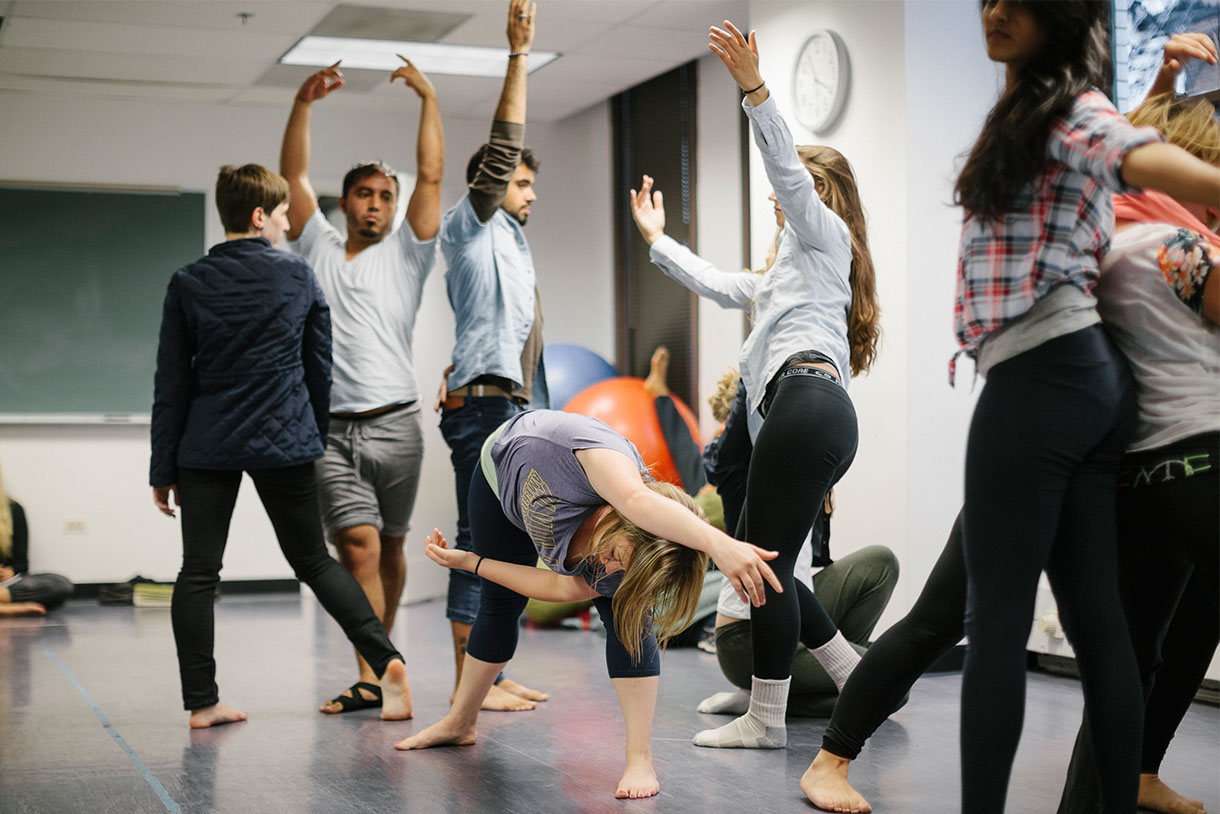
5 Myths about Dance Movement Therapy Busted!
Everyone knows how dance makes one feel good and is a way to enjoy and let go.
What most people don’t know that Dance is actually used as a therapeutic intervention and Dance Movement Therapy (DMT) is a niche form of psychotherapy.

Although DMT has it’s roots in early 1900s, it has gained a lot of momentum in the last few years. Due to the the COVID-19 Pandemic, the importance of Dance Movement Therapy as a means to help people heal and relieve their stress & anxiety has been understood.
Today there are many successful Dance Therapy Practitioners world wide who have studied DMT as a profession and are helping people globally. There are certification programs, master’s degrees and diplomas available globally to study further about DMT. In countries like USA, Australia & UK, DMT is already a licensed profession.

Even then, many people are unaware of what DMT really is and tend to have misconceptions.
DMT essentially helps enhance mind-body connection using dance and movement. It helps a person have a better relationship with themselves and has an overall holistic approach towards health.

In this article, let us bust a few myths about Dance Movement Therapy.
Myth 1: You need to be a good dancer to participate
This is the most common one I get. Many people are intimidated by the word ‘dance’ and feel that they cannot participate in a DMT session because they are not good dancers. Well, here’s some good news: one need not be a good dancer to participate in a DMT session. Participants can move however and in whichever way they want to. DMT is a safe space to express oneself freely and there are absolutely no prerequisites to participate!
Myth 2. Dance Movement Therapy teaches a specific dance form
DMT does not have a specific dance form or protocol to follow. The dance form used in the session completely depends on the therapist & also on what participants are comfortable with. Any form of dance can be used in DMT. The focus is not on the dance form or specific dance steps but more on connecting your mind & body through dance and movement.
Myth 3. It’s mostly for women
I have observed that most of the DMT practitioners & participants are women. Although we do have men in our DMT sessions, they are fewer in number as compared to the women. I think it could be because women are inherently more emotional and our society has conditioned men to shy away from their feelings. Either way, I feel more men need to stop thinking about DMT as women-centric and we need more men participating in DMT sessions as well as training to become DMT practitioners.
Myth 4. It’s only for people who have mental/ physical health issues
DMT is of course primarily a psychotherapeutic intervention and used in people with mental health issues & in cases of physiotherapeutic interventions as a means to resolve physical health issues.
But it is definitely not limited to that. In fact, DMT can be practiced by common people from all walks of life on a regular basis to get rid of stress, anxiety & depression, and to achieve better mind-body connection & awareness.
Our specially curated techniques of Stress Relief Dance, Affirmation Dance, Body Awareness Dance & more have had amazing reviews from participants.
So DMT is not just limited to a specific group of people, but is beneficial for all.
Myth 5. It’s only for the youth
Reiterating the previous point, DMT is open for all and it is not limited to a specific age group. We have worked with senior citizens and DMT is known to have great benefits in children of all age-groups.
Each DMT Session can be tailored to an age group as and when necessary.
Age is definitely not a barrier to participate in a DMT Session and it welcomes all!

So those were a few myths about Dance Movement Therapy debunked! I hope you gained further insight and understanding about Dance Movement Therapy.
Do join in any of our Online or In-Person DMT Sessions and email us to know more!



